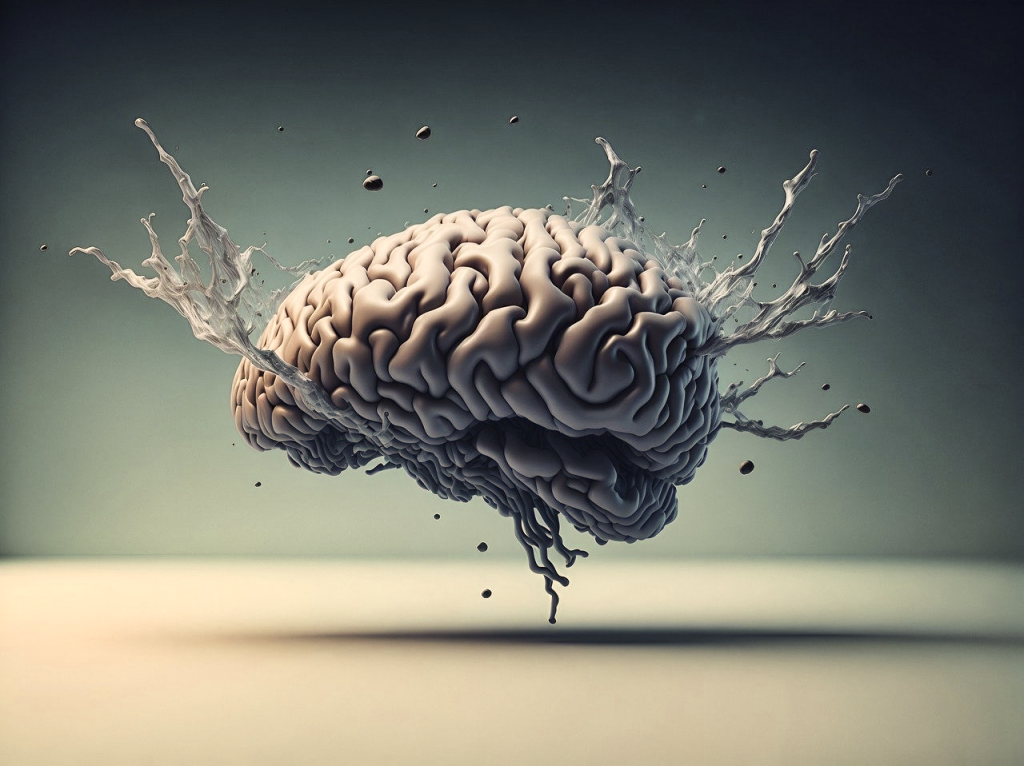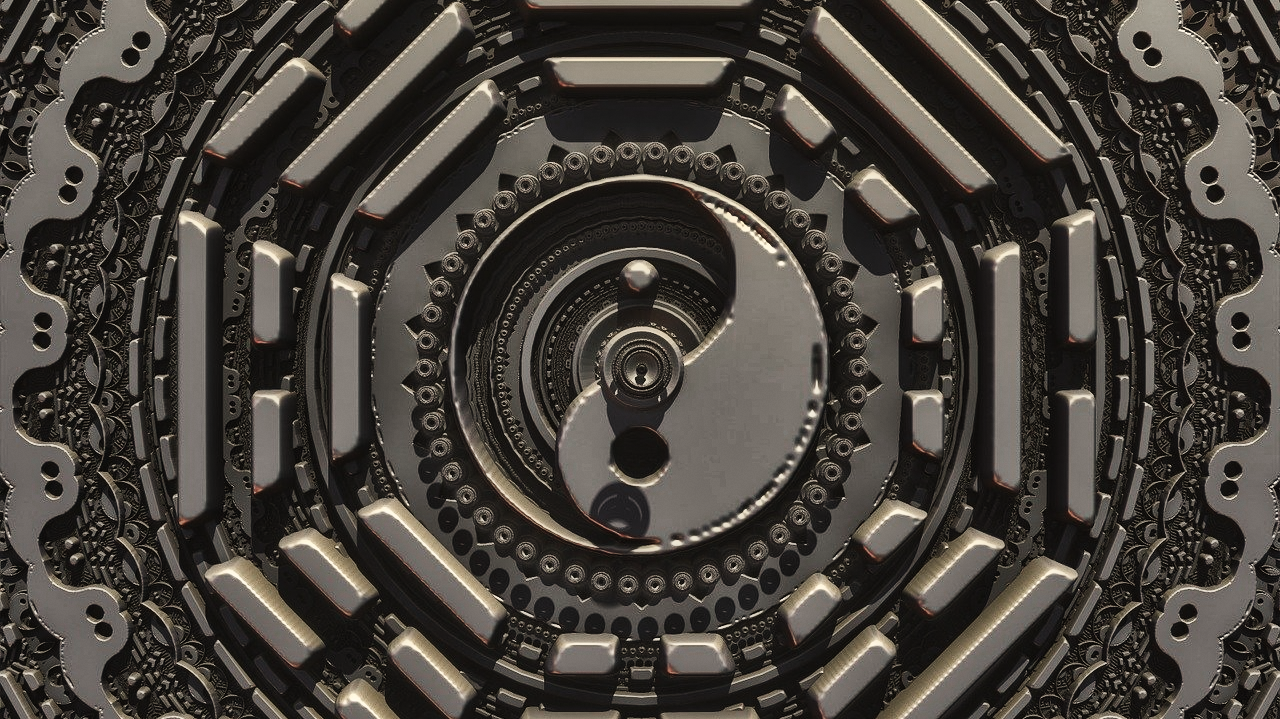Qi Jiguang’s renowned treatises, Jixiao Xinshu or New Treatise on Military Efficiency, were developed from his experience as a martial educator and strategist in the Ming Era military. These works greatly influenced the founding fathers of Ancient Tai Chi, emphasizing realist body mechanics and the warrior’s mindset. Your mindset encompasses your beliefs about the world and yourself, influencing your thoughts, emotions, and actions. By embracing Qi’s teachings, you can enhance your mindset, cultivate resilience, and navigate life’s challenges with clarity and strength.

Mind-body practices incorporate numerous therapeutic effects on stress responses, including reductions in anxiety, depression, and anger, and increases in pain tolerance, self-esteem, energy levels, ability to relax, and ability to cope with stressful situations. In general, mind-body practices were found to be a viable intervention to improve the constellation of PTSD symptoms such as intrusive memories, avoidance, and increased emotional arousal.
PubMed
Tai Chi practice mediates anti-inflammation, anti-oxidative stress, and neural plasticity indicating its effect on modulating the pathophysiology of neurodegeneration and on potential effectiveness in neurorehabilitation.
PubMed
The meditative component of Tai Chi may directly enhance attention and executive cognitive function. Tai Chi also involves the learning of choreographed movement patterns, which may directly lead to improvements in visuospatial processing, processing speed, and episodic memory.
PubMed
Tai Chi Chuan exercise significantly enhanced the clustering coefficient and local efficiency compared with general aerobic exercise. Regarding the nodal properties, Tai Chi Chuan significantly enhanced the nodal clustering coefficient of the bilateral olfactory cortex and left thalamus, significantly reduced the nodal clustering coefficient of the left inferior temporal gyrus, significantly improved the nodal efficiency of the right precuneus and bilateral posterior cingulate gyrus, and significantly improved the nodal local efficiency of the left thalamus and right olfactory cortex. Furthermore, the behavioral performance results demonstrated that cognitive flexibility was enhanced by Tai Chi Chuan. The change in the nodal clustering coefficient in the left thalamus induced by Tai Chi Chuan was a significant predictor of cognitive flexibility.
PubMed
